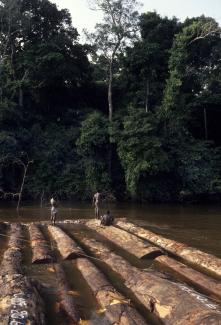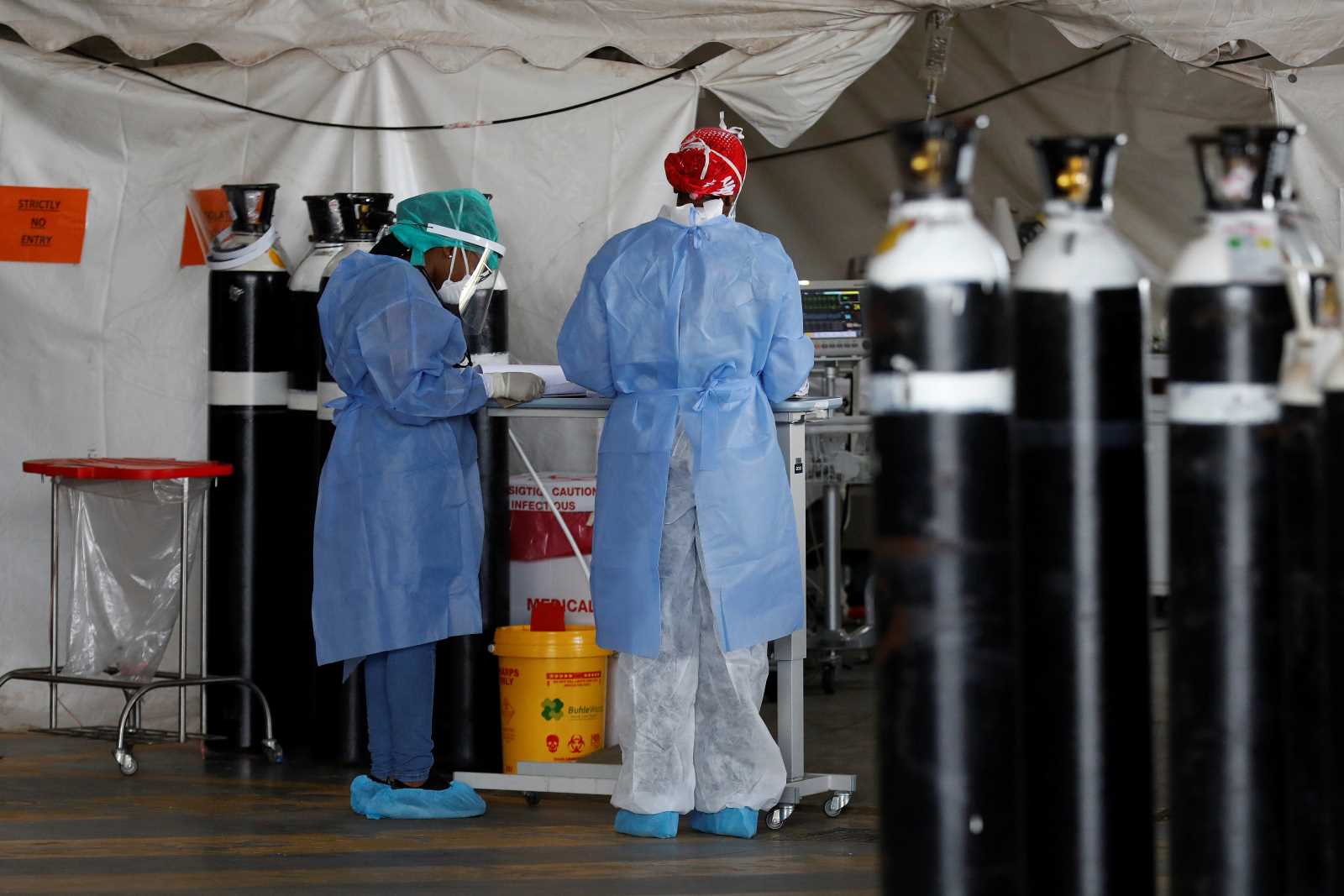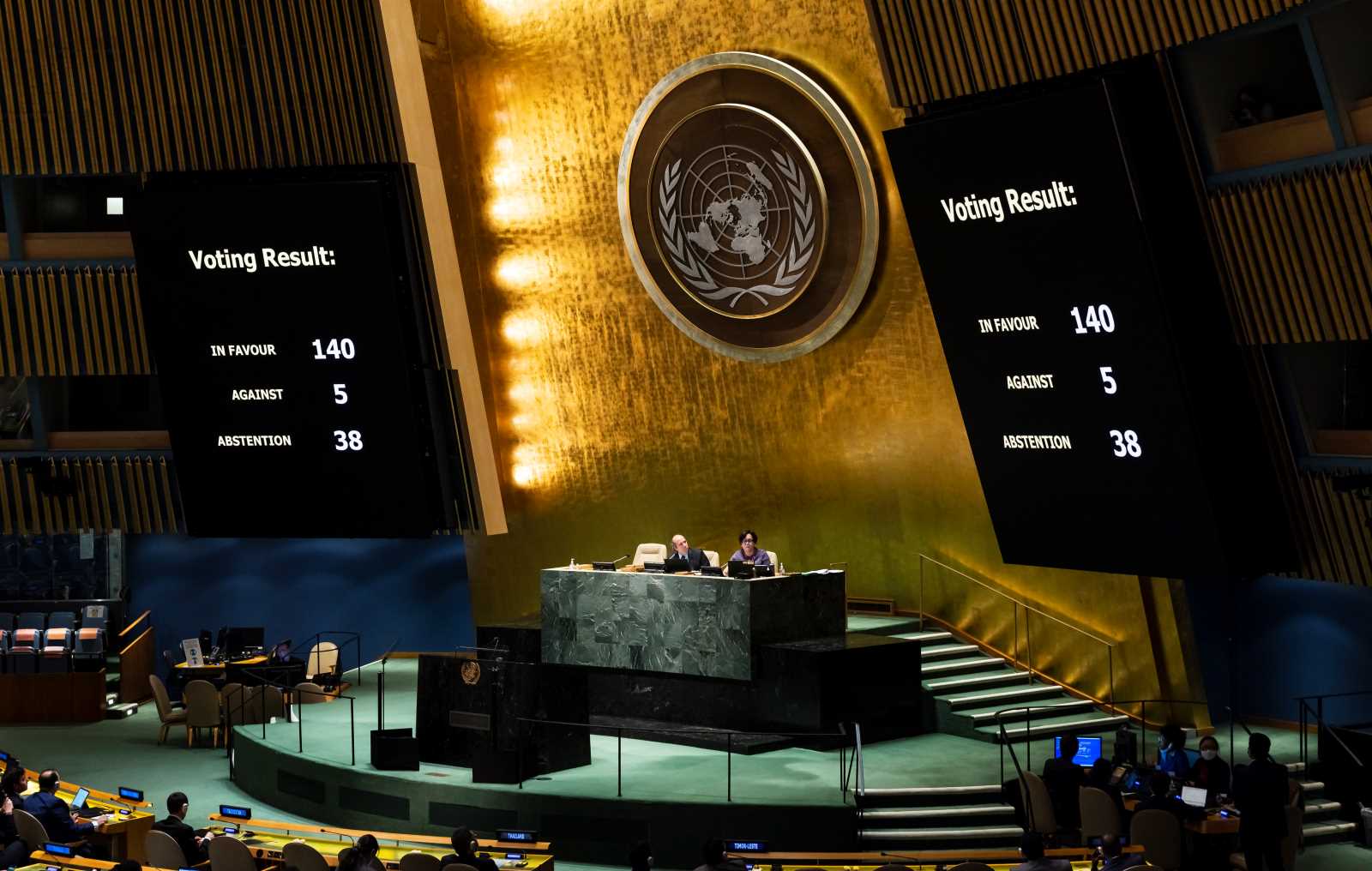International Finance Institutions
Most relevant review

The Bank has already begun to hold consultations with governments, the private sector and civil society. While the topic may sound rather abstract, the debate on the Safeguards deserves broad public attention. World Bank Safeguards matter far beyond the Bank itself because they serve as guidelines for many other multilateral, bilateral and private-sector institutions.
The Safeguards are inextricably linked to poverty reduction because they have very practical implications for the lives of poor people. Unless these rules are enforced stringently, unintended consequences of development funding all too often include social abuses, gross injustice and irreversible environmental damage. Examples are the damage done to people and the environment when large hydroelectric dams are built, when industrial-scale agribusinesses expand or when mining companies dig for mineral resources.
If they were properly implemented, the Safeguards would prevent much harm. Their enforcement, however, needs to become significantly stronger. In regard to involuntary resettlement, for instance, the World Bank’s Independent Evaluation Department (IEG 2010) states that “at any moment in time, World Bank-financed operations affect more than one million people”. Typically, these people are forcibly evicted from their homes or land. Safeguard provisions demand that affected people be consulted on resettlement options, provided with improved housing and given the support they need to re-establish their livelihoods. Too often, none of this happens.
Nonetheless, the Safeguards help to hold the World Bank accountable. Affected people can lodge complaints with the Bank’s Inspection Panel if they feel that they are being harmed due to Bank failure to implement its own rules. The Safeguards are the Panel’s benchmarks; without them, it would become obsolete. The Bank currently has ten Safeguard Policies. Six are environmental Safeguards, two are social Safeguards (relating to Indigenous Peoples and Involuntary Resettlement) and two are legal Safeguards (relating to International Waterways and Disputed Areas). Only the social and environmental Safeguards are under review.
Poor monitoring and reporting
The World Bank’s Safeguard Policies grew organically from 1989 on. Unfortunately, the World Bank has done a poor job in monitoring their implementation. Its reporting on the environmental and social impacts of its programmes is mostly inadequate. The Safeguard Review must address these fundamental problems. At the same time, it must establish structures and incentives to ensure that Safeguards are not only considered when projects are being prepared. They must be implemented throughout a project’s life.
The Safeguards only apply to two branches of the World Bank Group: the International Bank for Reconstruction and Development (IBRD), which lends to middle-income countries, and the International Development Association (IDA), which lends to low-income countries. Both IBRD and IDA lend mostly to the public sector, but mixed public-private sector funding is on the rise.
There are separate environmental and social standards for the World Bank Group’s private sector lending windows, the International Finance Corporation (IFC) and the Multilateral Investment Guarantee Agency (MIGA). The IFC and MIGA standards have already been reviewed, and they now cover more subjects than the Safeguards do, including, for example, core labour standards, which are missing from the World Bank Safeguards.
The crucial weakness of the IFC/MIGA standards, however, is that they rely largely on these institutions’ private-sector clients to monitor the undesired impacts of their action without third party verification or adequate reporting (see D+C/E+Z 2011/11, p. 413). Those who benefit from IFC/MIGA financing, however, are obviously not best placed to monitor the harmful consequences of their own investments. The IEG has pointed out that this arrangement is not satisfying (IEG 2011).
Civil-society organisations welcome the Safeguard Review. They consider it an opportunity to improve the policies and expand their coverage to issues such as gender, labour conditions, the rights of disabled people and the right of indigenous peoples to “free prior and informed consent”. The latter principle is enshrined in the UN Declaration on the Rights of Indigenous Peoples of 2007, and was later adopted by the IFC. The World Bank must do so too.
Another important demand from civil society is to apply the Safeguards to all types of World Bank lending, rather than only to lending for investment projects, which is a shrinking portfolio. The Bank is increasingly resorting to Development Policy Loans, which are largely about lending money to national budgets so governments can finance reforms. Many of these loans directly relate to the management of natural resources, including forests and mines. Policies in these areas have substantial environmental and social impacts, so it does not make sense to exempt such funding from the Safeguards.
In the Democratic Republic of Congo (DRC), for example, World Bank loans to support policy reforms in the forest sector largely focussed on generating logging revenues. According to the Bank’s Inspection Panel (2007), these loans failed to pay adequate attention to some 40 million people who depend on forests for their livelihoods.
Moreover, the Bank is stepping up its lending through financial intermediaries, which also has a bearing on environmental and social matters. For good reason, even the IEG (2011) wants the Bank to adopt a consistent approach across all types of lending. Unless that is done, it will be impossible to ensure environmental and social sustainability. Unfortunately, the evaluators’ recommendation has so far fallen on deaf ears. At present it appears that the Safeguard Review will not tackle this issue but only relate to project finance.
Competition from emerging markets
Civil society organisations worry, moreover, that the next generation of Safeguards will be weaker than what we have today. The World Bank increasingly appears to compete for business with players from emerging markets that do not have comparable environmental and social standards. The China Development Bank is a prominent example.
In view of tough competition, some consider binding Safeguards to be little more than time-consuming obstacles. In reality, they are tools that serve to ensure that development results are sustainable.
The costs of implementation are another controversial issue. It is well understood, however, that environmental damage is far more expensive than preventing damage in the first place. The IEG (2010) has assessed this matter, concluding that, in every single case considered, the estimated benefits from environmental and social Safeguards were greater than the incremental costs.
Civil society organisations are concerned about the implications of current World Bank discourse. It emphasises objectives such as speeding-up the project cycle, promoting greater appetite for risk – without spelling out exactly whose risk – and increasingly relying on the environmental and social standards of client countries. While it certainly makes sense to support countries that are establishing their own systems to ensure social and environmental standards, these systems can only be relied on once they are firmly in place. In no circumstances should they distract from the World Bank’s own responsibility to respect its own rules.
Development agencies often pursue their own, rather narrowly-defined self-interest. Internal pressures and incentive systems are powerful and tend to thwart the best intentions of even the most committed staff. As a consequence, poor communities are further being marginalised and impoverished. Negative impacts of development finance are not rare – they are widespread and recurrent.
During a meeting with non-governmental organisations in Tokyo in October, Jim Yong Kim, the new president of the World Bank, promised: “The Bank will not dilute its standards.”
Non-dilution has to imply that binding standards will not be replaced by simple statements of principle. Moreover, the World Bank itself must be accountable for implementing its Safeguards. Such responsibility must not be shifted to client governments. The Safeguards are the closest thing we have to global standards that protect both vulnerable people and the environment. They must not be compromised in the self-interest of the World Bank.
Korinna Horta works for the environmental and human rights organisation Urgewald.
korinna.horta@gmail.com












